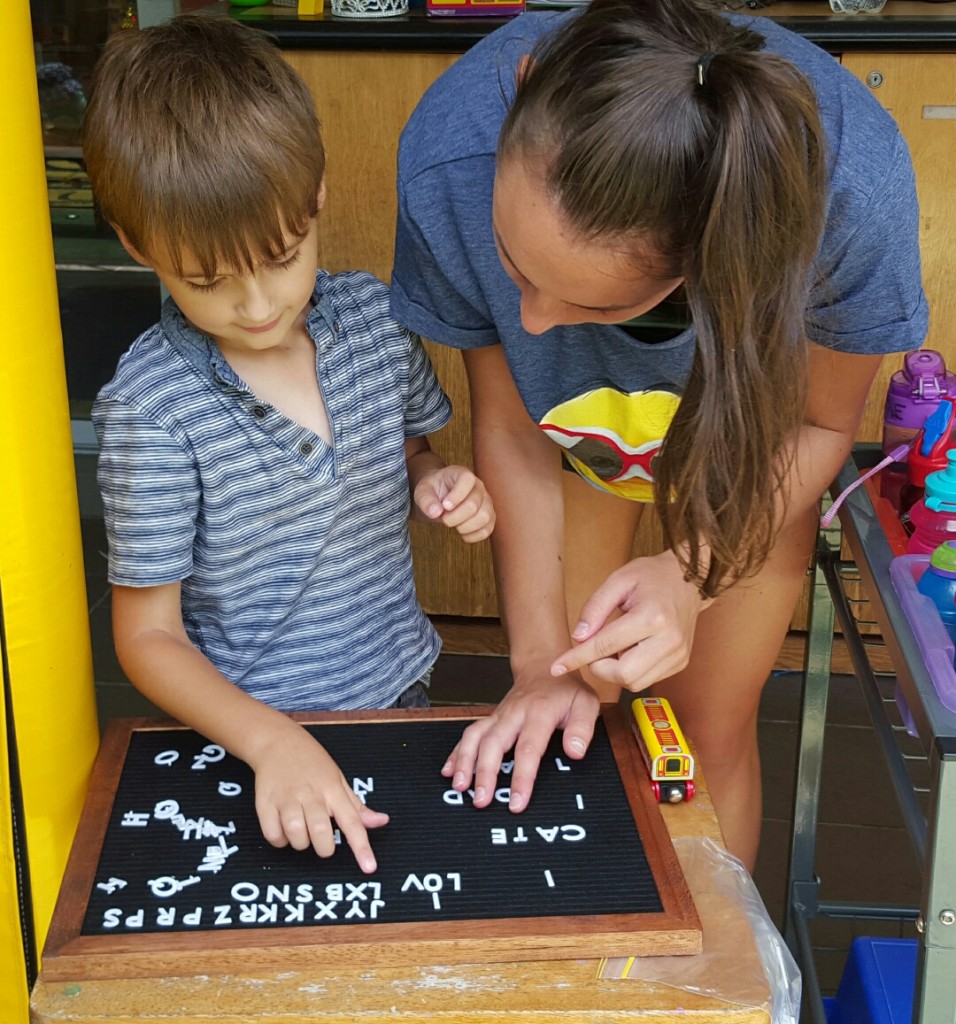 The Early Years Learning Framework (EYLF) is a national learning framework for children from birth to 5 years. It is part of the Council of Australia Government’s (COAG) reform agenda for Early Childhood Education and Care and a key component of the Australian Government’s National Quality Agenda. The EYLF has been developed collaboratively by the Australian, State and Territory Governments with substantial input from the early childhood sector and early childhood academics. It will underpin universal access to Early Childhood Education and be incorporated in the National Quality Standard to ensure delivery of nationally consistent and quality early childhood programs across the country.
The Early Years Learning Framework (EYLF) is a national learning framework for children from birth to 5 years. It is part of the Council of Australia Government’s (COAG) reform agenda for Early Childhood Education and Care and a key component of the Australian Government’s National Quality Agenda. The EYLF has been developed collaboratively by the Australian, State and Territory Governments with substantial input from the early childhood sector and early childhood academics. It will underpin universal access to Early Childhood Education and be incorporated in the National Quality Standard to ensure delivery of nationally consistent and quality early childhood programs across the country.
The Early Years Learning Framework describes the principles, practices and outcomes which enhance young children’s learning from birth to five years of age, as well as their transition to school. It has strong emphasis on play based learning, as play is the best vehicle for young children’s learning, providing the most stimulus for brain development. The Framework also recognises the importance of communication, language ( including early literacy and numeracy), social and emotional development. It will be used in partnership with families, children’s ideas, interests, strengths and abilities, and recognise that children learn through play.
The Early Years Learning Framework describes childhood as a time of belonging, being and becoming:
- Belonging is the basis for living a fulfilling life. Children feel they belong because of the relationship they have with their family, community, culture and place.
- Being is about living here and now. Childhood is a special time in life and children need time to just ‘be’ – time to play, try new things and have fun.
- Becoming is about the learning and development that young children experience. Children start to form their sense of identity from an early age which shapes the type of adult they will become.
You can view the Early Years Learning Framework here.
NATIONAL QUALITY FRAMEWORK
The NQS is divided into 7 quality areas:
- Educational program and practice
- Children’s health and safety
- Physical environment
- Staffing arrangements
- Relationships with children
- Collaborative partnerships with families and communities
- Leadership and service management
The standards consists of guiding principles, quality areas, standards and elements. The NQS sets out what constitutes quality outcomes in the provision of an education and care service. Services need to assess themselves and will be assessed against the Standard.
